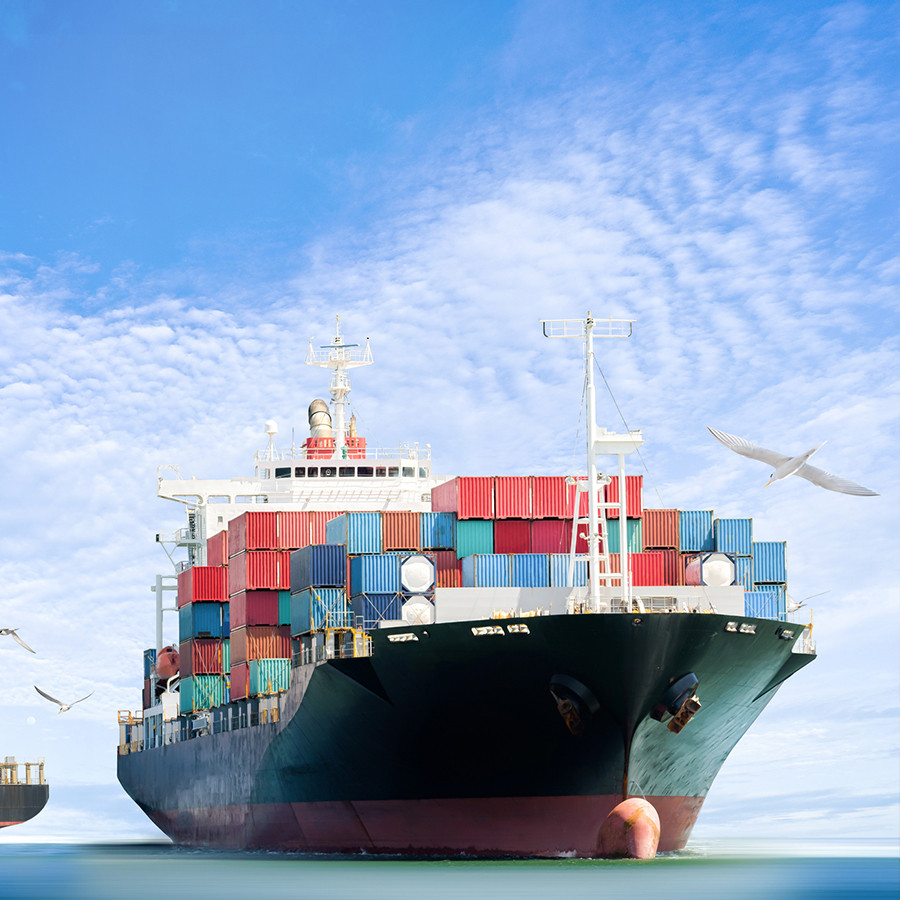النوع الإجتماعي و التجارة
نتائج البحث (405)
Africa SDG INDEX AND DASHBOARDS REPORT 2018
The report is also a call to action for governments to focus efforts on the SDGs with new information on where they stand. The Dashboards should help each African country identify priorities for action, understand key implementation challenges, and identify the gaps that must be closed in order to achieve the SDGs by 2030. We hope this report supports African discussions about priorities in achieving the SDGs and that it is operationalized into a tool for national and regional discussion and planning. Our vision is for an official day on which African countries will convene stakeholders in their respective countries around the SDGs, with this report presented as a useful tool for analysis and action. The “Africa SDG Day” would allow all actors to discuss appropriate SDG strategies given their national contexts and the findings of this and related reports. Additionally, we hope that the results of this report are disseminated in creative ways into local communities to spark collective and inclusive engagement on ways they can contextualize the SDGs and spur on progress.
Inégalités régionales sous le prisme des Objectifs de Développement Durable à l’horizon 2030
La Direction des Etudes et des Prévisions Financières (DEPF) a mené, dans le cadre de sa contribution au débat national sur la question de la réévaluation du modèle de développement, une étude intitulée : « Inégalités régionales sous le prisme des Objectifs de Développement Durable à l’horizon 2030 ». Axée sur une approche analytique similaire à celle adoptée par les Nations Unies pour l’élaboration de son SDG index, cette étude a permis de cerner la dynamique de convergence des 12 régions du Royaume en termes de progrès accomplis dans les domaines économique, social et environnemental et de gaps à rattraper en la matière et ce, dans la perspective de concrétiser les ambitions de l’agenda de développement durable d’ici à l’horizon 2030.
Trade and Gender : Opportunities and Challenges for Developing Countries
This publication examines the gender dimension of trade and seeks to identify policy challenges and responses to promote gender equality in light of increasing globalization. Issues discussed include: economics of gender equality, international trade and development; multilateral negotiations on agriculture in developing countries; gender-related issues in the textiles and clothing sectors; international trade in services; gender and the TRIPS Agreement; the impact of WTO rules on gender equality; human rights aspects; fair trade initiatives; the role of IT in promoting gender equality, the Gender Trade Impact Assessment and trade reform.
Agreement between the EFTA States and the Hashemite Kingdom of Jordan
Agreement between The Republic of Iceland, the Principality of Liechtenstein, the Kingdom of Norway, the Swiss Confederation (the EFTA States) and the Hashemite Kingdom of Jordan . The objectives of this Agreement, which is based on trade relations between market economies and on the respect of democratic principles and human rights : -to promote, through the expansion of reciprocal trade, the harmonious development of the economic relations between the EFTA States and Jordan and thus to foster in the EFTA States and in Jordan the advance of economic activity, the improvement of living and employment conditions, and increased productivity and financial stability; - to provide fair conditions of competition for trade between the Parties; - to contribute in this way, by the removal of barriers to trade, to Euro- Mediterranean economic integration and to the harmonious development and expansion of world trade; - to foster the development of balanced economic relations between the parties through co-operation.
Euro-Mediterranean agreement : establishing an Association between the European Communities and their Member States, of the one part, and the Hashemite Kingdom of Jordan, of the other part
This agreement effectively provides a suitable framework for political dialogue. They also serve as a basis for the gradual liberalisation of trade in the Mediterranean area, and set out the conditions for economic, social and cultural cooperation between the EU and Jordan.





